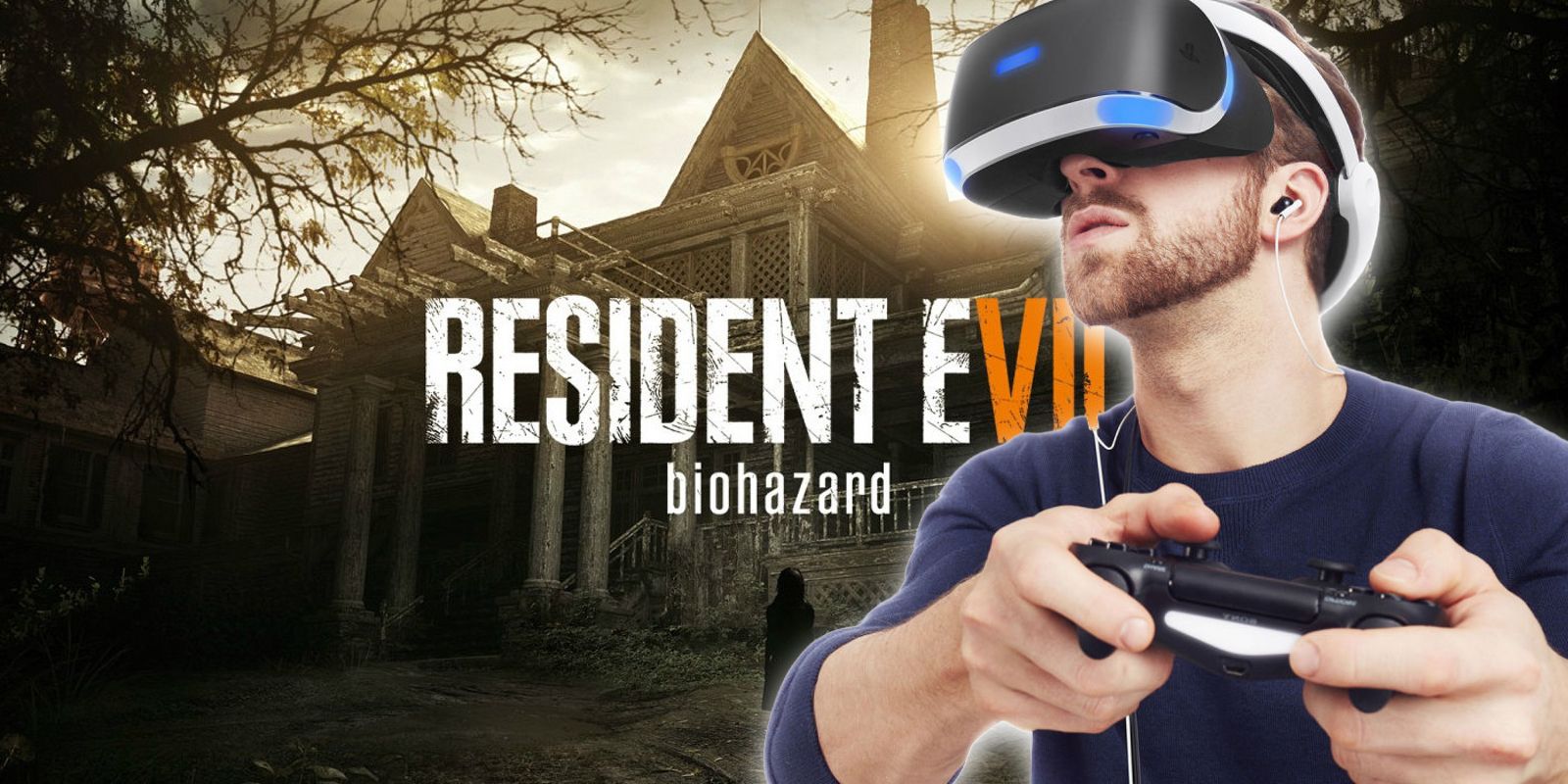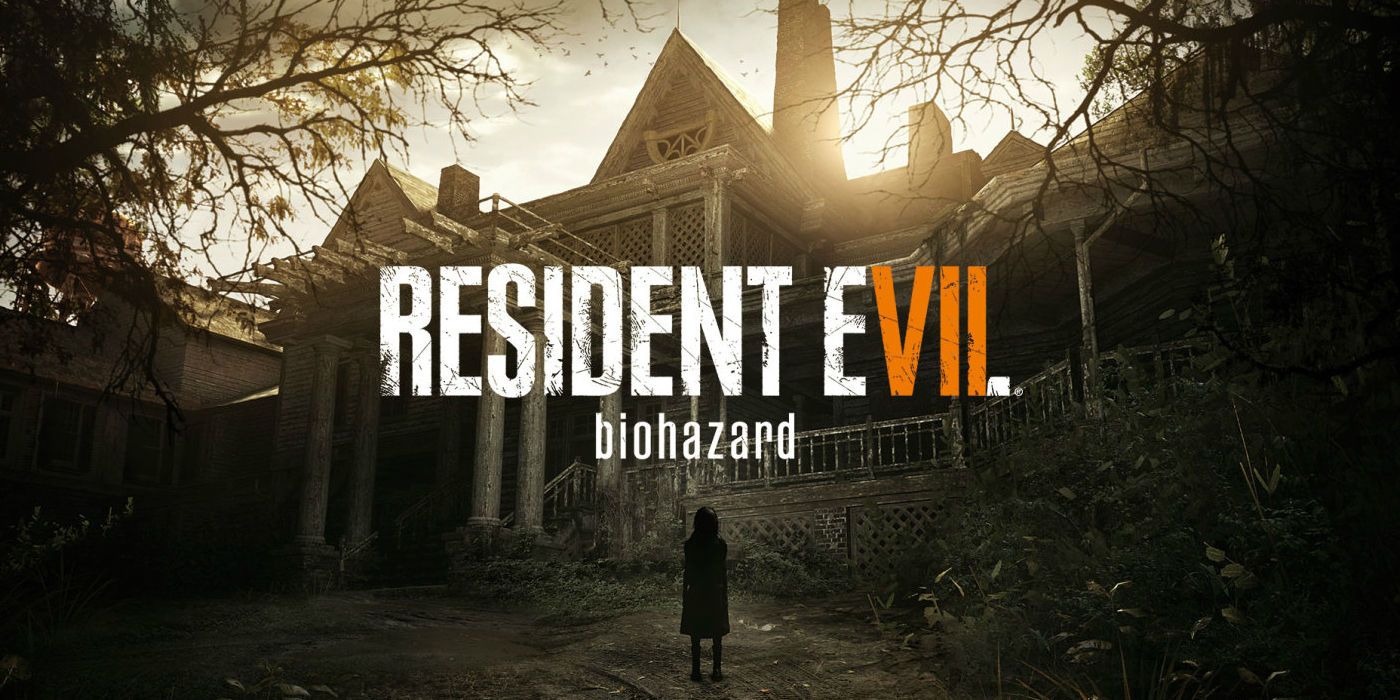The Oculus Rift and HTC Vive became available to consumers earlier this year. Unfortunately, the buy-in price for each kit plus the advanced-gaming PC needed to run VR at its recommended settings is a bit steep to have caught on with the average consumer. Sony introduced their alternative, a PS4-run kit called PlayStation VR, which arrives in October at a $399 price point. Spec-savvy consumers were quick to point out that the PS4 is a far cry from the computing power recommended by Oculus and Vive for an optimal VR experience. Devil's advocates held out hope that the PS4's closed ecosystem might still allow for a comparable experience.
This week at E3, Sony announced that there would be 50 VR games available when the PlayStation VR launches, including a special Star Wars: Battlefront X-Wing Mission, a Batman: Arkham mystery experience, and Resident Evil 7. The level of support on display from major developers indicates that VR is about to make a splash into the consumer market in a big way. Unfortunately, if hands-on impressions of the merchandise are to be believed, it may not be the splash that Sony was hoping for.
Engadget recently got their hands on the Resident Evil 7 demo at E3, and they were less than impressed:
"Even players who've spent countless hours in virtual reality (like our own Jess Conditt) found themselves on the verge of puking while playing Resident Evil 7: Biohazard -- and it wasn't because of the horror game's gory visuals, either. No, it's that the game is pushing the limits of PlayStation's hardware, barely managing to run at the minimum 60 frames per second required for PSVR. The problem? Every other VR headset on the market recommends that games run at a minimum of 90 fps."
This is concerning news for VR adoption across the board. Consumers who roll the dice and invest in a PlayStation VR kit are certainly not going to feel good about their investment if the experience makes them nauseated. The situation sounds incredibly similar to the push for 3D films in the wake of James Cameron's Avatar. Whether creatives were overdoing the effect without blending cuts properly, studios were expecting high returns on rushed post-production conversions, or poorly run theaters were leaving their screens improperly calibrated, the effect was often a less-than-pleasurable viewing experience.
Obviously, one bad demo doesn't spell doom for an entire ecosystem of games, but fingers are crossed that Sony doubles down on their quality control before the PlayStation VR releases. One would hope that at a $399 buy-in, consumers will have a much better understanding of the pros and cons of the hardware than somebody who spends $3 extra on a movie ticket. But a bad VR experience may be the only one most enthusiasts can afford for the foreseeable future. Let's hope Sony doesn't poison the well for better experiences down the road.
UPDATE: Capcom has now released an official statement about the PlayStation VR's issues with Resident Evil 7 at E3 (via Kotaku):
“The title is still in development and is still being optimized across all aspects, including for VR. The development team’s priority with VR is ensuring that players’ comfort and ability to enjoy the game to its full potential is realized.”
The PlayStation VR will cost $399 when it arrives on October 13, 2016. Screen Rant will have more details on Resident Evil 7 as they are made available.
Source: Engadget
Update Source: Kotaku


